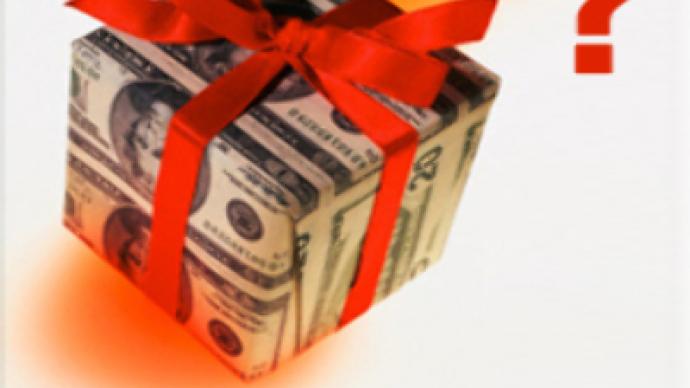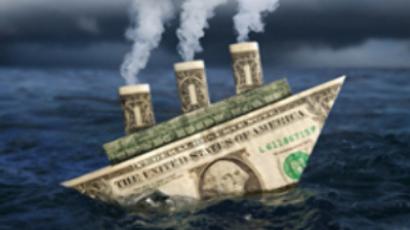Fed refuses to disclose who got loans

In the U.S. the Federal Reserve is refusing to disclose who has received almost $2 Trillion worth of taxpayer funded loans, or what collateral it is taking, according to Bloomberg. However, under the U.S. Freedom of Information Act the details of lending
The Federal Reserve has extended the loans under 11 different programs, including eight created in the past 15 months, in the midst of the financial crisis.
Bloomberg has filed a request for details on the lending as well as filing a federal lawsuit seeking to force disclosure. But according to Bloomberg, Federal Reserve spokeswoman Michelle Smith has refused to give comments on the loans. An e-mail with the same questions and some phone calls were also ignored.
The Fed's lending is significant because the central bank has stepped into a rescue role that was also the purpose of the $700 billion Troubled Asset Relief Program, or TARP, bailout plan – without safeguards put into the TARP legislation by Congress.
Before the middle of September the Federal Reserve accepted mostly top-rated government and asset-backed securities as collateral. Since then the central bank’s standards have loosened with other types of securities started also being accepted, some with lower ratings. The Federal Reserve collects interest on all its loans.
The Fed lent cash and government bonds to banks, which gave the Fed collateral in the form of equities and debt, including subprime and structured securities such as collateralised debt obligations, according to the Federal Reserve website. The borrowers have included the now-bankrupt Lehman Brothers Holdings Inc., Citigroup Inc. and JPMorgan Chase & Co.
On their side, banks are against any information made public as it may signal weakness and spur short-selling, or a run by depositors, Bloomberg was told by Scott Talbott, Senior Vice President of government affairs for the Financial Services Roundtable, a Washington trade group.














